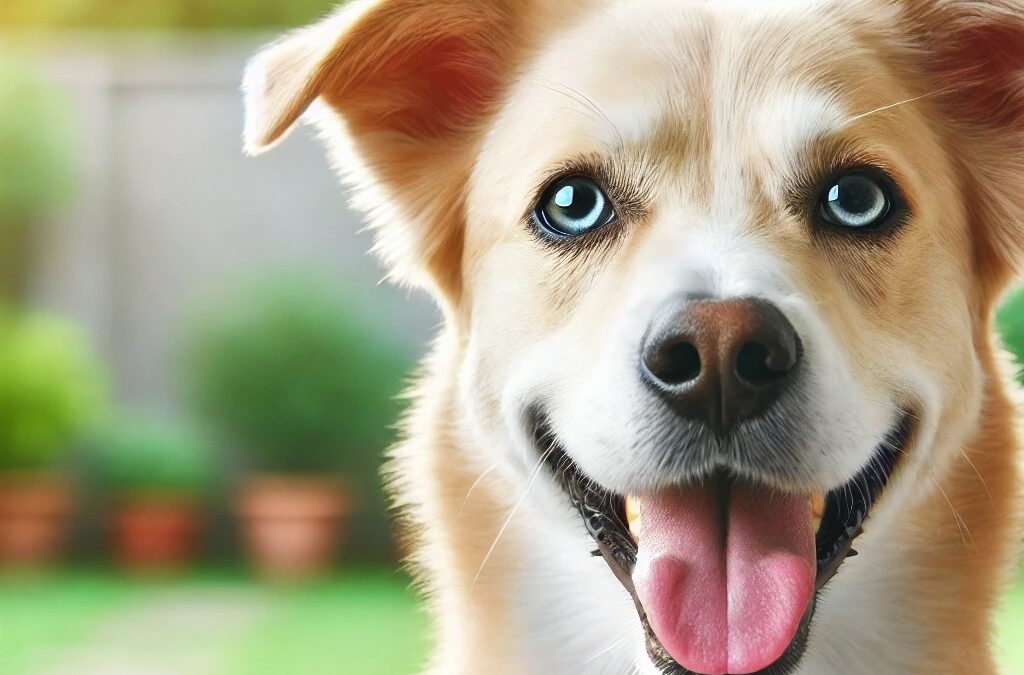Meibomian gland tumors are common eyelid tumors in dogs. While many are benign, some can become malignant, causing discomfort and vision problems for our furry friends. As a responsible pet owner, understanding how to manage these tumors effectively is crucial. This article explores various strategies to manage meibomian gland tumors in dogs, highlighting the benefits of incorporating Baituxiao, a product from TCMVET, into your dog’s treatment plan.
Understanding Meibomian Gland Tumors
Meibomian glands, located along the edge of the eyelids, produce an oily substance that prevents tears from evaporating too quickly. Tumors in these glands can lead to symptoms such as:
- Swelling of the eyelid
- Redness and irritation
- Discharge from the eye
- Changes in the appearance of the eyelid margin
While most meibomian gland tumors are benign adenomas, malignant adenocarcinomas can also occur. Early detection and treatment are key to preventing complications.
Conventional Treatments for Meibomian Gland Tumors
Surgical Removal
Surgery is often the most effective treatment for meibomian gland tumors. It involves removing the tumor and a small margin of surrounding tissue to ensure complete excision. This procedure is typically performed under general anesthesia.
Cryotherapy
Cryotherapy involves freezing the tumor cells, causing them to die and be naturally removed by the body. This technique is less invasive than surgery and can be effective for smaller tumors.
Radiation Therapy
For malignant tumors, radiation therapy may be recommended to target and destroy cancer cells. This treatment is usually reserved for cases where surgery is not feasible or if the tumor has recurred.
Natural Remedies and Supportive Care
In addition to conventional treatments, natural remedies can play a supportive role in managing meibomian gland tumors. These approaches aim to boost the immune system, reduce inflammation, and promote overall health.
1. Herbal Supplements
Certain herbs are known for their anti-inflammatory and anti-cancer properties. Curcumin, derived from turmeric, can help reduce inflammation and inhibit tumor growth. Milk thistle supports liver function and detoxification, which can be beneficial during cancer treatment.
2. Diet and Nutrition
A balanced diet rich in antioxidants, omega-3 fatty acids, and essential vitamins can support your dog’s overall health and immune function. Foods like fish oil, blueberries, and leafy greens are excellent additions to your dog’s diet.
3. Baituxiao: A Natural Adjunct
Baituxiao, a product from TCMVET, offers a natural approach to supporting dogs with tumors. Formulated with traditional Chinese medicinal herbs, Baituxiao is designed to enhance the immune system, reduce inflammation, and inhibit tumor growth.
How Baituxiao Supports Tumor Management
Baituxiao combines several potent herbs known for their therapeutic effects:
- Astragalus Membranaceus: Boosts immune function and helps the body fight against tumor cells.
- Scutellaria Barbata: Possesses anti-inflammatory and anti-tumor properties.
- Curcuma Longa: Contains curcumin, which reduces inflammation and inhibits cancer cell proliferation.
Integrating Baituxiao into Your Dog’s Treatment Plan
Before incorporating any new supplement, including Baituxiao, consult with your veterinarian to ensure it fits well with your dog’s overall treatment plan.
Dosage and Administration
Follow the recommended dosage instructions provided by TCMVET or your veterinarian. Baituxiao is typically available in powder or capsule form, making it easy to mix with your dog’s food.
Monitoring and Adjustments
Regular veterinary check-ups are essential to monitor your dog’s response to the treatment and make any necessary adjustments. This ensures the best possible outcomes and early detection of any changes in your dog’s condition.
Managing meibomian gland tumors in dogs involves a combination of conventional treatments and supportive natural remedies. By incorporating products like Baituxiao into your dog’s care regimen, you can provide a holistic approach that supports their overall health and well-being. Always consult with your veterinarian to develop a comprehensive treatment plan tailored to your dog’s specific needs. With the right care and attention, you can help your furry friend enjoy a healthy, happy life.















